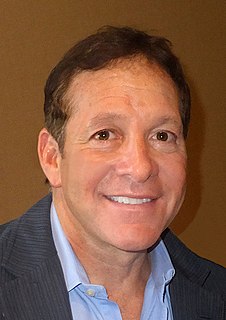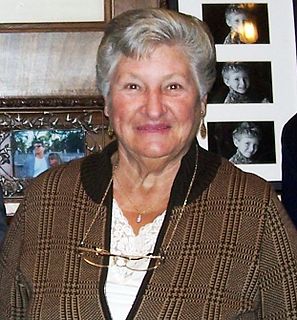A Quote by Harold Bloom
Read deeply, not to believe, not to accept, not to contradict, but to learn to share in that one nature that writes and reads.
Related Quotes
Reading and writing music is a wonderful way of getting ideas in your head down to someone else who reads and writes, but if you don't read and write, and the other musician you're playing with are trying to express something who doesn't read and write, than it's a question of "I wrote" so that you must learn from listening and from understanding where that's coming from.
When you learn to read and write, it opens up opportunities for you to learn so many other things. When you learn to read, you can then read to learn. And it's the same thing with coding. If you learn to code, you can code to learn. Now some of the things you can learn are sort of obvious. You learn more about how computers work.
What's true will never contradict what's true. Article 2 of the Belgic Confession, based on Psalm 19, Romans 1, and several other texts, declares that God has given us two reliable revelations: the words of Scripture and the facts of nature. Thus, it would be impossible for the facts of nature ever to contradict the words of the Bible.
Read not to contradict and confute; nor to believe and take for granted; nor to find talk and discourse; but to weigh and consider. Some books are to be tasted, others to be swallowed, and some few to be chewed and digested: that is, some books are to be read only in parts, others to be read, but not curiously, and some few to be read wholly, and with diligence and attention.
One writes not to be read but to breathe...one writes to think, to pray, to analyze. One writes to clear one's mind, to dissipate one's fears, to face one's doubts, to look at one's mistakes--in order to retrieve them. One writes to capture and crystallize one's joy, but also to disperse one's gloom. Like prayer--you go to it in sorrow more than joy, for help, a road back to 'grace'.
If getting our kids out into nature is a search for perfection, or is one more chore, then the belief in perfection and the chore defeats the joy. It's a good thing to learn more about nature in order to share this knowledge with children; it's even better if the adult and child learn about nature together. And it's a lot more fun.
Next to praying there is nothing so important in practical religion as Bible reading. By reading that book we may learn what to believe, what to be, and what to do; how to live with comfort, and how to die in peace.” Happy is that man who possesses a Bible! Happier still is he who reads it! Happiest of all is he who not only reads it, but obeys it, and makes it the rule of his faith and practice!



































